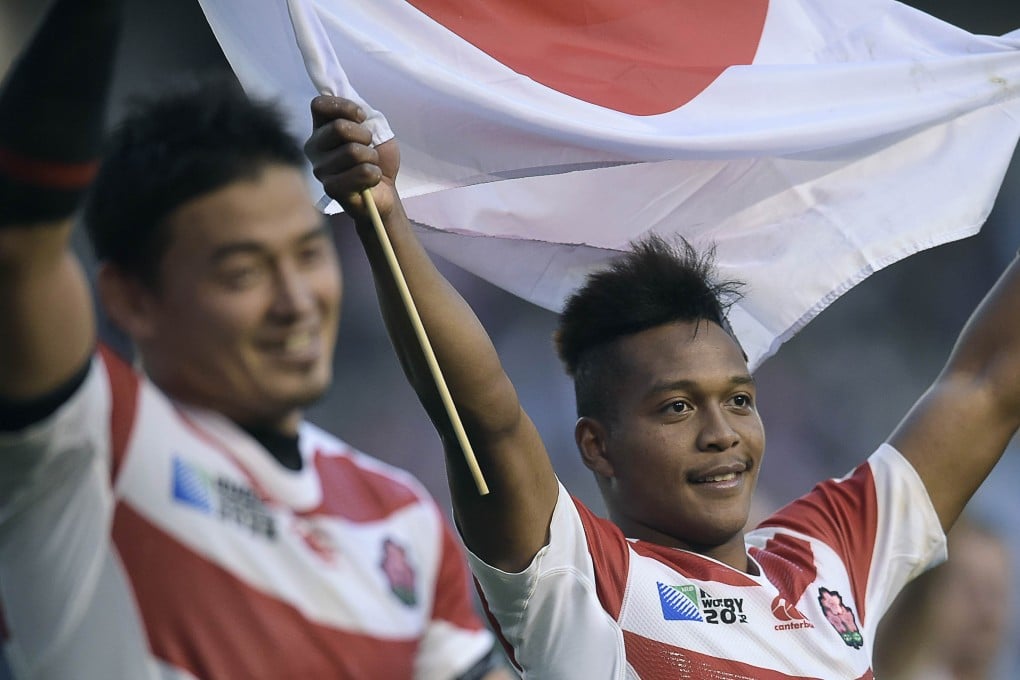Opinion | Fleeting or forever? How will the greatest upset in Rugby World Cup history impact on Japan?
Greatest upset in World Cup history should be springboard for growth, but doubts remain over their role as hosts in 2019

It was the rarest of moments and one that immediately begged for historical perspective. Japan's 34-32 victory over South Africa in their opening match of the Rugby World Cup is without doubt the greatest upset in the 28-year history of the event. But is it, as some insist, perhaps the greatest upset ever? Ever is such a long time.
Some 140 years ago General Custer's advance team told him he would have no problem against the Indian tribes led by Sitting Bull and Crazy Horse at Little Big Horn. Massive upset there. And, of course, if we want go back even further, like 490 BC, then the Battle of Marathon where the woefully undermanned Athenians defeated the vastly superior Persian forces has to be right up there as well.
But for the sake of simplicity let's stick with the past 100 years and the upset that seems to be on the minds of most commentators, particularly in the US, is the "Miracle on Ice" when the US hockey team defeated the omnipotent Soviet National team at the 1980 Winter Olympics.
How Japan, and Asia, capitalises on the momentum from that result remains to be seen
As great a victory as that may have been, it pales in comparison to Japan's victory because 13 of the 20 players on that US team would go on to play in the NHL with some enjoying long and productive careers. There is not a single player on the Japanese rugby team who could make one of the top four teams in the tournament. Not a one.
In the seven previous World Cups, Japan won one game, scoring 428 points and giving up 1,159. South Africa are a two-time World Cup winner and were the third-ranked team in the world coming into the match.
This is by any standard an epic result and the far more pertinent question becomes how fleeting was this victory? Because the game was played in the early hours of Sunday morning, it was hardly a must-see event and with Japan featuring one of the oldest populations in the world, most of the country was already tucked in.

By the morning though word had spread and the afternoon sporting shows were not only showing highlights of the great victory, but also featured Japanese commentators explaining some of rugby's myriad rules.
